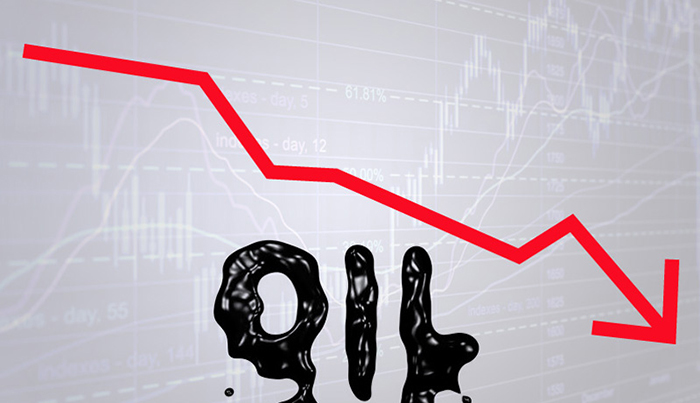Low oil prices change the world - OPINION

Oil prices spiked upward on Friday’s markets, but at $32.15 per barrel remain below the inflation-adjusted average of $41.70 for the post-World War II period and far lower than the peak of $136.31 in 2008.
The steep decline in the price of oil is attributed to a confluence of causes. New horizontal drilling and shale-fracturing technologies have led to impressive production increases in the United States and elsewhere, weakening the pricing power of the Organization of Oil Exporting Countries. China’s economic slowdown has cooled the world’s fastest-growing market for petroleum. The nuclear deal between Iran and six world powers promises to bring an additional 1 million barrels of oil per day onto global markets, while production in Iraq and Libya is also rising. All these downward pressures are persistent; the International Monetary Fund projects a global oil price of no higher than $75 per barrel in 2020, still far below the level of the past decade.
National self-interest is amplifying the effects of market forces. Saudi Arabia, the world’s largest oil producer, could exert upward pressure on prices by scaling back production, but it hasn’t. For the Saudis, the ideal oil price is one that is high enough to provide income for its social and military programs, but low enough to discourage the development of competing oil sources or alternative energy technologies. A high-volume, low-price strategy is also an effective weapon against oil producers such as Iran, Saudi Arabia’s rival for influence in the Middle East, and Russia, which has allied itself with Iran in Syria and elsewhere.
Saudi Arabia’s attempt to undercut the competition has had some results. Expensive offshore, Arctic or tar sands oil projects costing an estimated $1.6 trillion through 2019 have been canceled because they are not economical at current prices. But other new resources, including oil wells in the United States that employ fracking techniques, remain online because their initial costs have already been paid, and the prices of some competing technologies such as wind and solar power have fallen even faster than the price of oil.
With economic, technological and political factors promising to keep oil prices low for at least a few years, a moment of opportunity presents itself. A painful way to reduce petroleum consumption is to suffer prices so high that oil becomes unaffordable. A much easier way is to take advantage of the economic opening created by low prices, using part of the windfall to finance a transition to a less petroleum-intensive economy.
The need for the United States to make such a transition away from oil has been apparent for decades, ever since oil imports created large trade imbalances and political vulnerabilities. Another reason to make the transition looms even larger: Last week NASA and the National Oceanic and Atmospheric Administration confirmed that 2015 was the hottest year on record, bringing the world halfway toward the 2 degrees Centigrade in global warming that scientists say will trigger catastrophic events related to climate change. Further warming can be prevented only by leaving a large portion of the world’s remaining oil reserves in the ground.
Low prices are already discouraging the exploitation of oil resources that are expensive to develop. Now is the time to put those resources off limits — not only to reduce the amount of oil that will be burned in the current century, but to ensure that the United States and the world will have at least some oil resources in future centuries. Low prices also would also allow higher taxes on gasoline to be imposed without serious economic disruption, raising revenue that could be used to finance a shift toward greater energy efficiency and alternatives to fossil fuels.
Americans, and people everywhere, need to give some thought to how they will be remembered by their descendants 100 years from now, or even further in the future. The 20th and 21st centuries might be seen as the era when humanity burned through the world’s fossil fuels — particularly oil, the most versatile of them — so quickly that abrupt and disruptive climate change occurred.
Or people living during the current period could be seen as having left something, including a benign climate, for generations to come. The country, and the world, needs leaders who will face this choice.















































